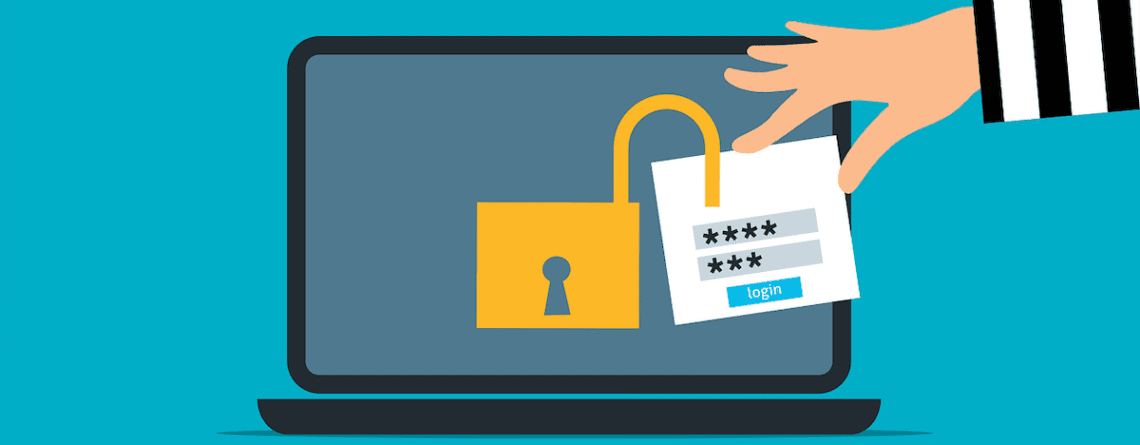Password Management and Security: Essential Tips
As someone dedicated to enhancing business operations, you understand the vital role that cybersecurity plays in safeguarding sensitive data. Passwords serve as the first line of defense against cyber threats, making effective password management a cornerstone of your security strategy. In this article, we’ll delve into essential tips for robust password management and security tailored to your small business needs.
1. Create Strong, Complex Passwords
The foundation of password security lies in the strength of your passwords. Craft complex passwords that include a mix of upper and lower-case letters, numbers, and special characters. Avoid easily guessable phrases like “password123” or common words.
2. Use Passphrases
Consider using passphrases – longer, memorable combinations of words, numbers, and symbols. A passphrase like “PurpleBalloons$4Dinner” is both strong and easier to remember than random characters.
3. Implement Multi-Factor Authentication (MFA)
MFA adds an extra layer of security. It typically involves something you know (your password) and something you have (a mobile app or token). Enable MFA wherever possible to enhance your account security.
4. Avoid Reusing Passwords
Reusing passwords across multiple accounts is a common pitfall. If one account is compromised, all accounts with the same password become vulnerable. Use a unique password for each service.
5. Regularly Update Passwords
Frequently change your passwords, especially for critical accounts. Update them every three to six months to reduce the risk of unauthorized access.
6. Use a Password Manager
Consider using a reputable password manager. These tools generate, store, and autofill complex passwords for you, eliminating the need to remember them all. Many password managers also offer secure password sharing for business accounts.
7. Be Wary of Phishing Attempts
Phishing attacks often trick users into revealing their passwords. Be cautious when clicking on links in emails and verify the authenticity of websites before entering login credentials.
8. Educate Your Team
Educate your employees about password best practices. Conduct training sessions to raise awareness of security risks and teach them how to create and manage strong passwords.
9. Secure Your Wi-Fi Network
Ensure that your Wi-Fi network is password-protected with a strong passphrase. Regularly update your router’s default login credentials to prevent unauthorized access.
10. Enable Account Lockouts
Enable account lockouts after a certain number of unsuccessful login attempts. This deters brute-force attacks, where hackers attempt to guess passwords repeatedly.
11. Regularly Monitor Account Activity
Frequently review your accounts for unusual activity. Many online services offer activity logs and notifications for login attempts, allowing you to spot potential breaches early.
12. Plan for Account Recovery
Establish account recovery options, such as secondary email addresses or security questions. These can be invaluable if you ever get locked out of your accounts.
Password management and security are critical components of your small business’s cybersecurity strategy. By implementing these tips and fostering a culture of security awareness, you can fortify your digital defenses and protect your sensitive data from cyber threats. Remember, in the digital age, the strength of your passwords is often the first and most crucial line of defense against malicious actors.

Leave a Reply